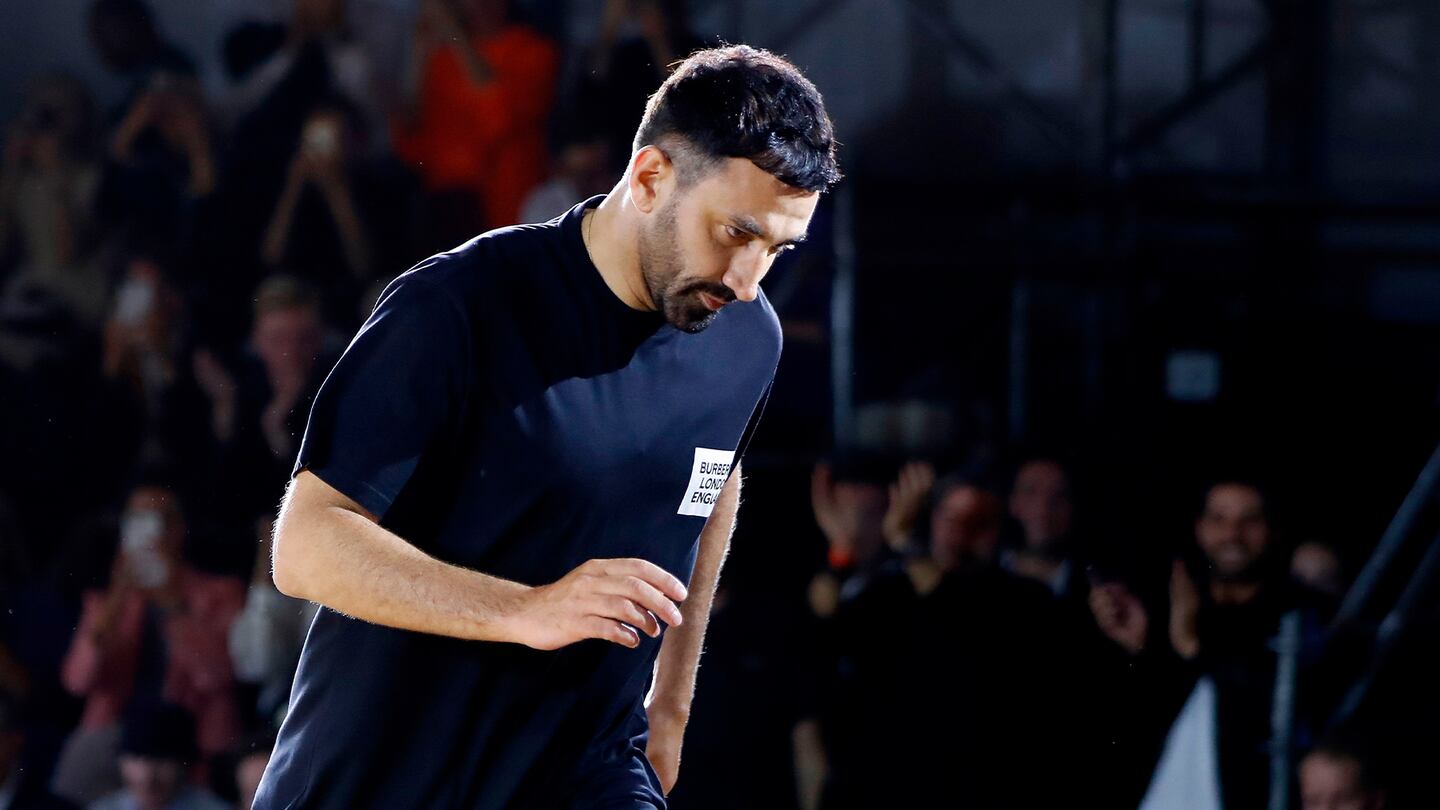
The Business of Fashion
Agenda-setting intelligence, analysis and advice for the global fashion community.

Agenda-setting intelligence, analysis and advice for the global fashion community.

Chief executive Marco Gobbetti’s surprise decision to quit for Salvatore Ferragamo at the end of this year has cast further doubt on the prospects for a turnaround at Burberry, which is already lagging behind French rivals like LVMH and Hermes in its pandemic recovery.
The brand’s comparable retail sales inched 1 percent above 2019′s pre-pandemic levels to £479 million ($664 million) during the fiscal quarter ending June 26, Burberry said. A 90 percent jump compared with the prior year’s quarter (which was heavily impacted by the coronavirus crisis) beat analysts’ expectations by 13 percent, according to a Bloomberg News survey.
On a call with reporters, CFO Julie Brown sought to reassure the market regarding the brand’s next steps. “We’ve got a very clear strategy, we’ve got a very capable senior executive team, we’re very capable of managing the transition and taking the business forward,” Brown said.
Creative director Riccardo Tisci remains “excited” about the brand, and the company is “very confident” he will remain in place following Gobbetti’s departure, Brown said, but did not comment on how long the designer was contractually bound to stay.
ADVERTISEMENT
Shares in the company fell 4 percent.
Further Reading: What Now for Burberry’s Turnaround?
CEO Marco Gobbetti is leaving for Salvatore Ferragamo with the British brand’s revival only partially successful.
The Swiss watch sector’s slide appears to be more pronounced than the wider luxury slowdown, but industry insiders and analysts urge perspective.
The LVMH-linked firm is betting its $545 million stake in the Italian shoemaker will yield the double-digit returns private equity typically seeks.
The Coach owner’s results will provide another opportunity to stick up for its acquisition of rival Capri. And the Met Gala will do its best to ignore the TikTok ban and labour strife at Conde Nast.
The former CFDA president sat down with BoF founder and editor-in-chief Imran Amed to discuss his remarkable life and career and how big business has changed the fashion industry.